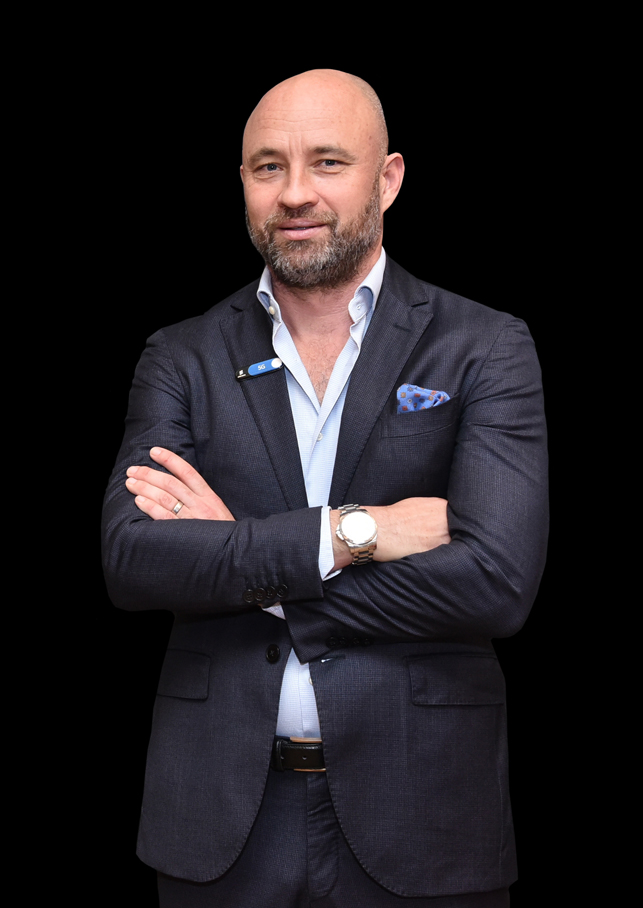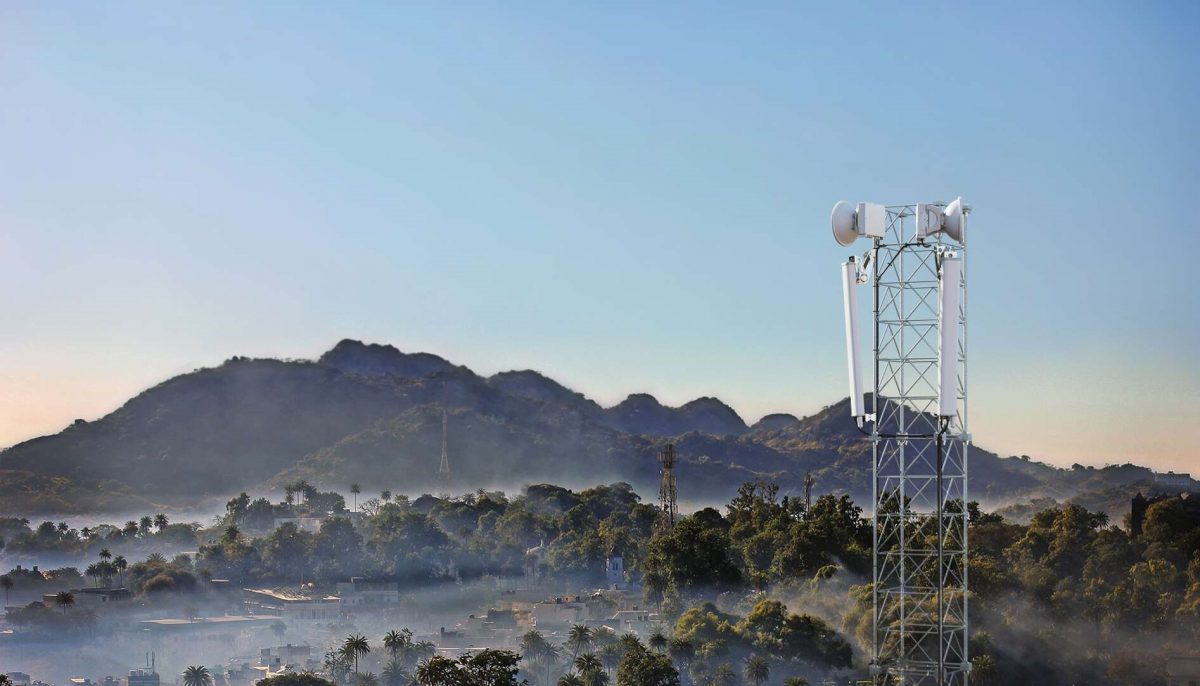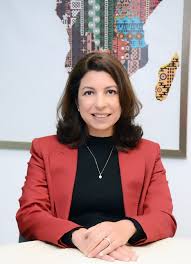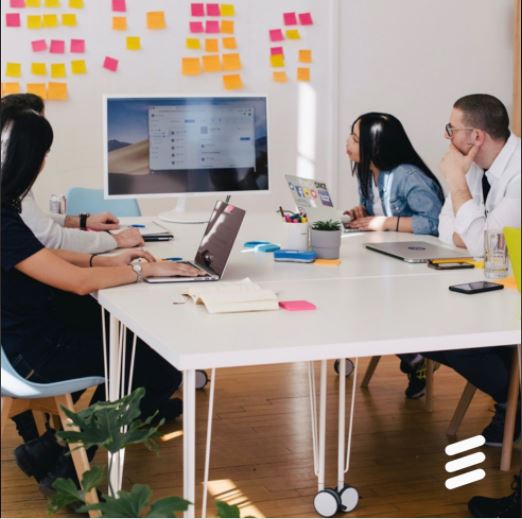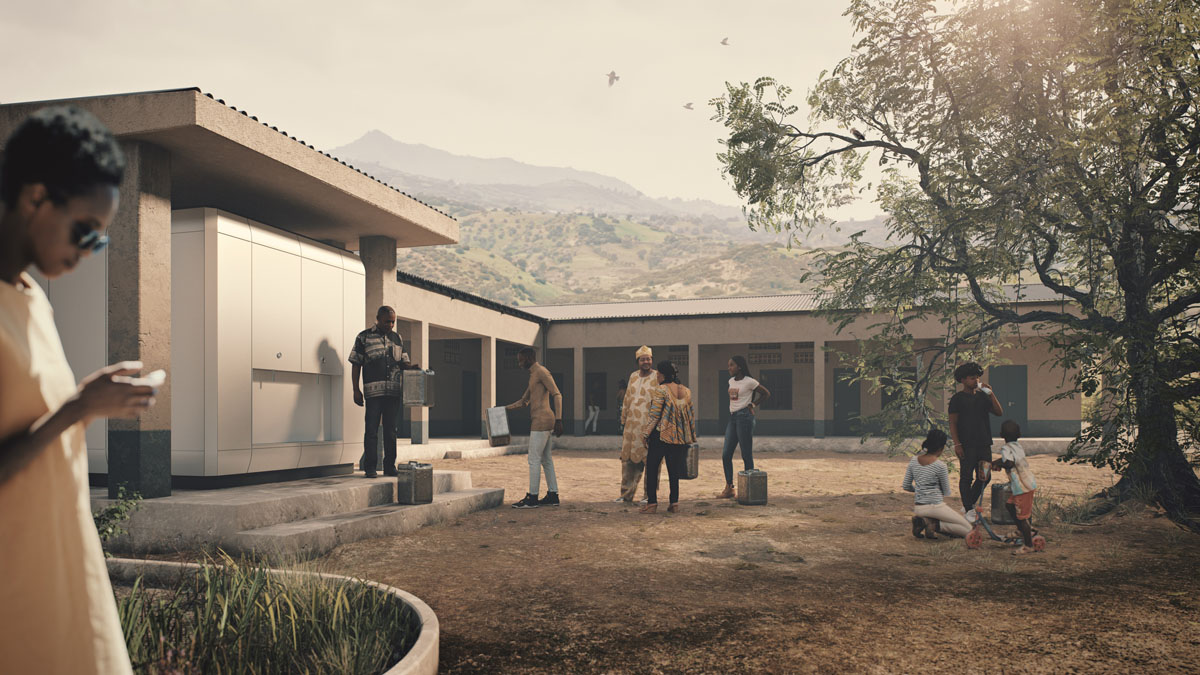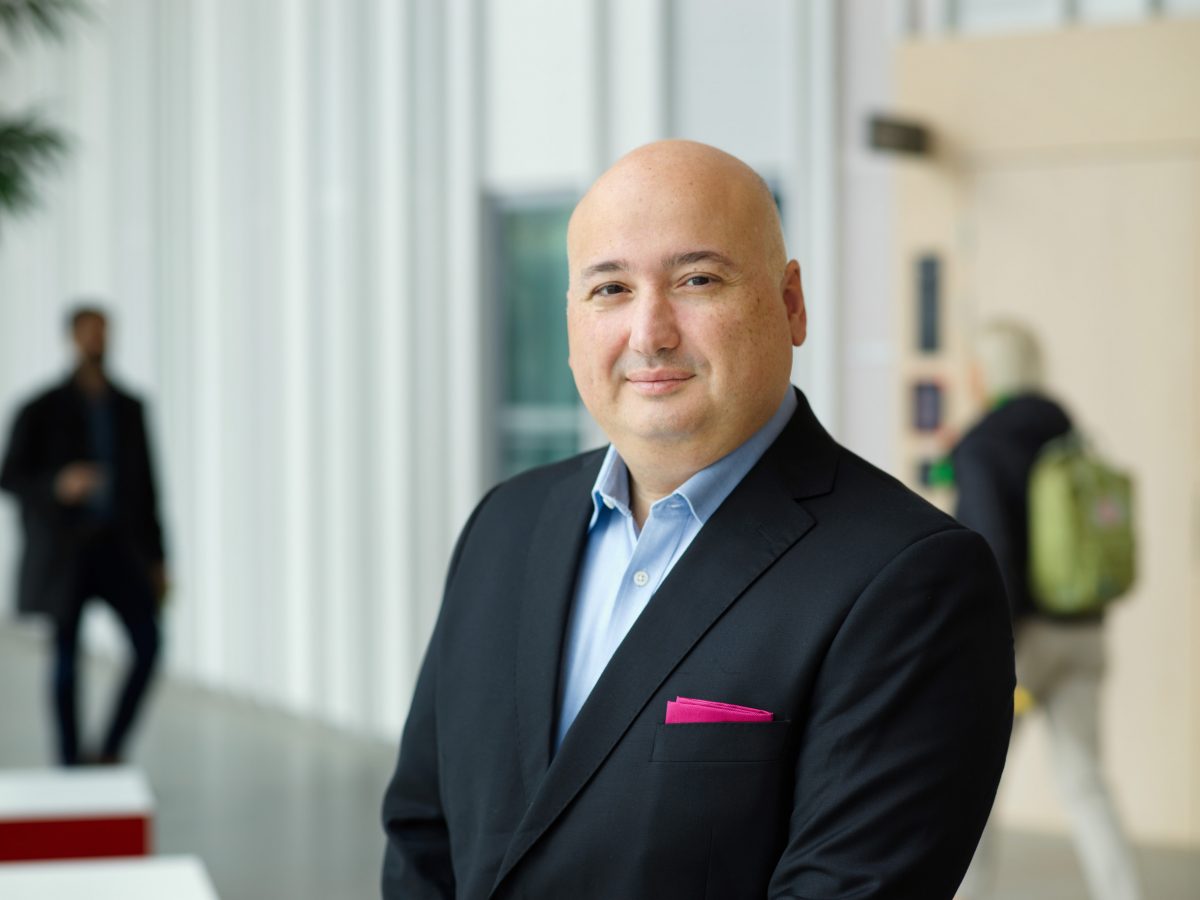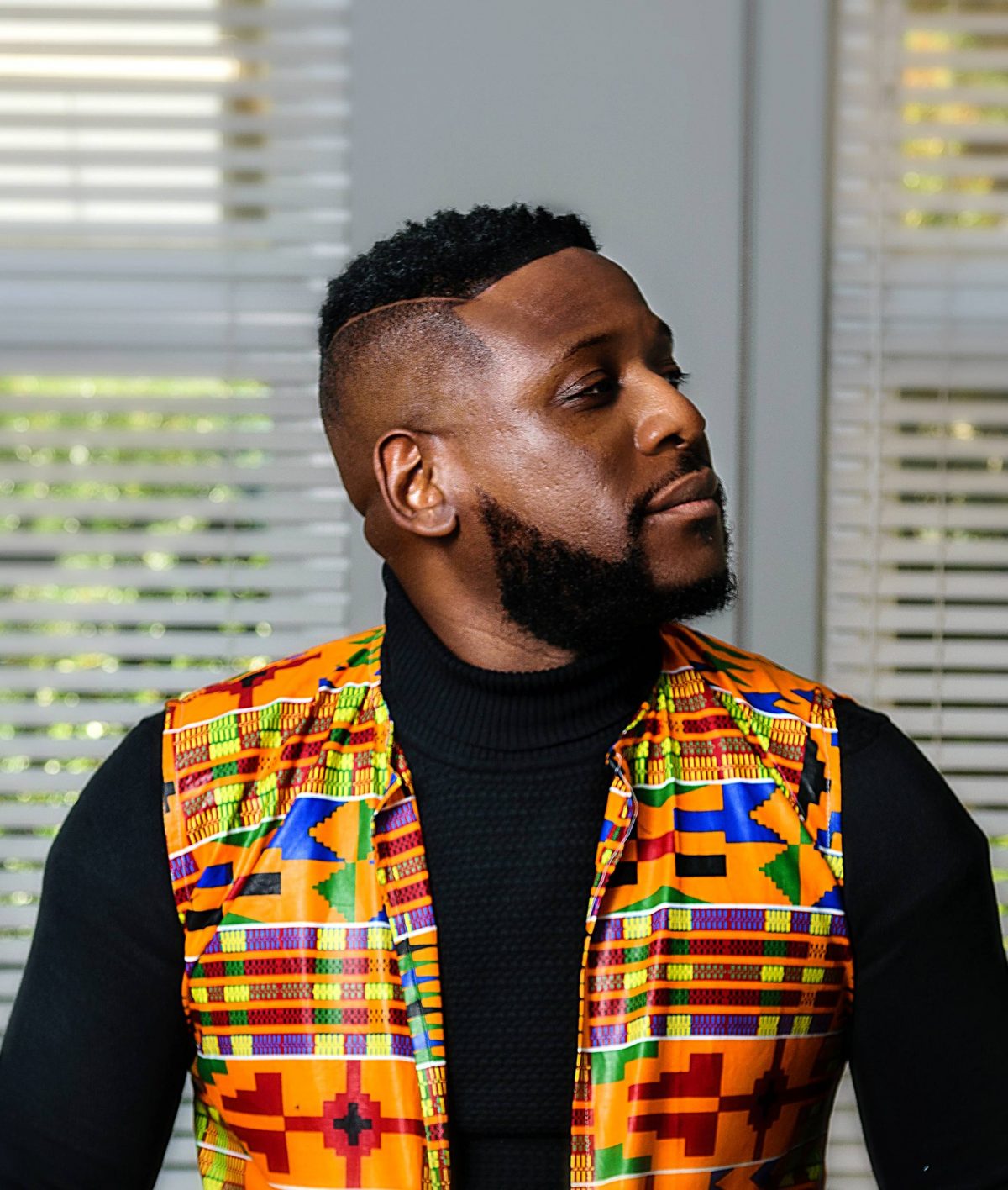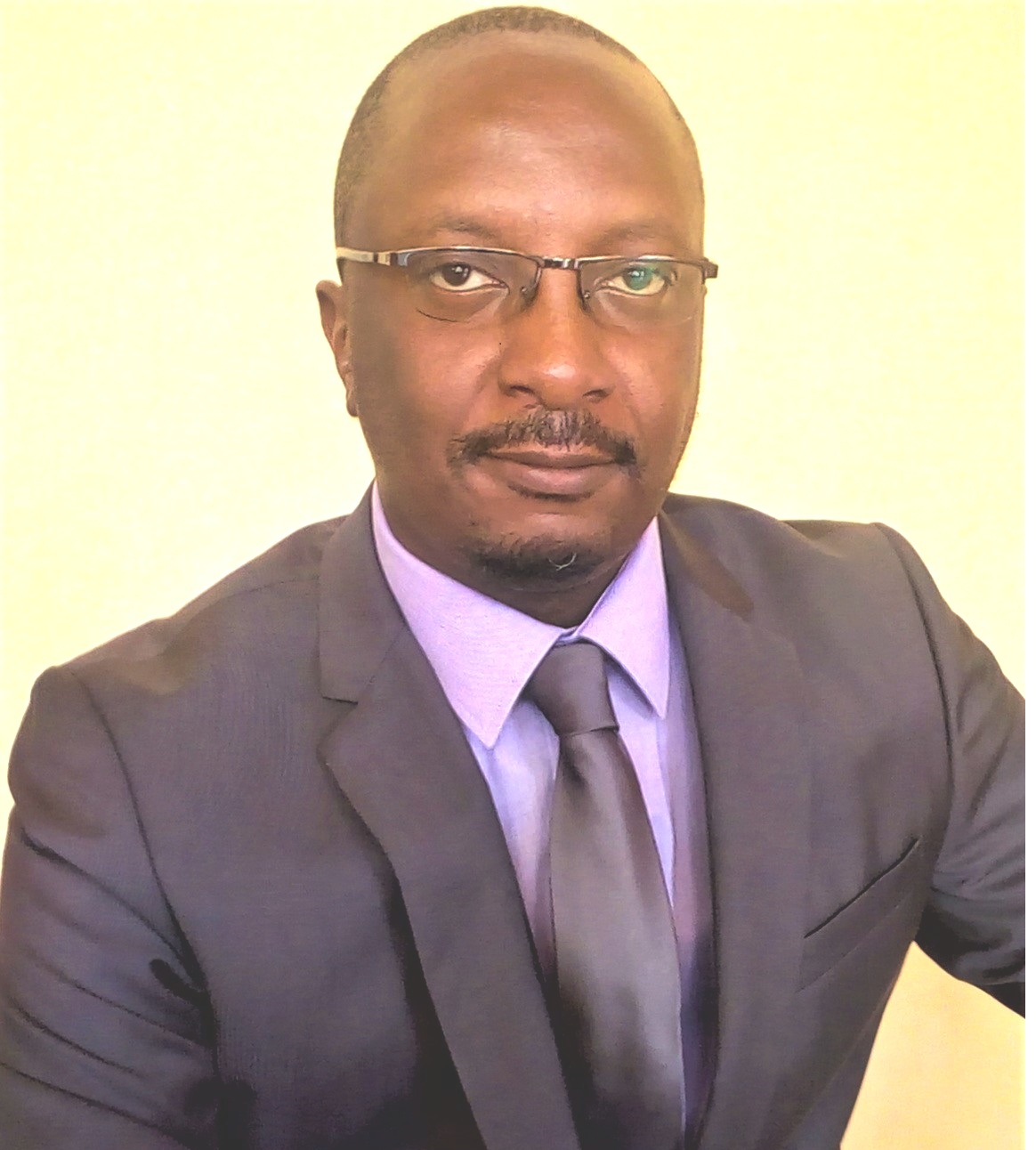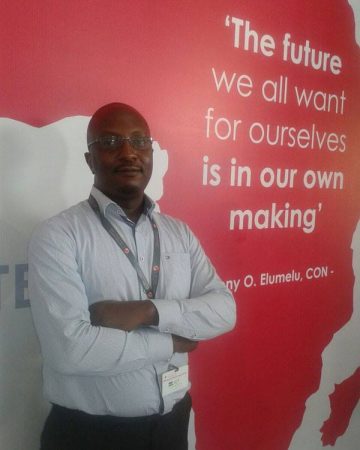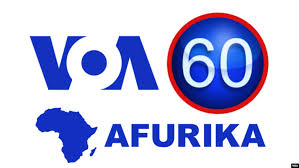Spokesperson: Todd Ashton, Vice President and Head of Ericsson East and South Africa
- Take us through the Historical background of Ericsson and how the company’s administration decided to invest into the Rwandan and East African Market?
Ericsson has done business in East Africa for over 100 years when sales of telephone receivers commenced in 1894.We are well established with offices in Rwanda, Ethiopia, Uganda, Kenya and Tanzania. We operate in the Information and Communication System (ICT) sector together with our partners being the services providers such as MTN and Airtel. Our comprehensive portfolio ranges across Networks, Digital Services, Managed Services and Emerging Business.
We at Ericsson believe that ICT has the ability to level the global playing field and enable African countries to harness the full potential of their human capital. We also agree that a well-planned policy and regulatory environment is key to encouraging partnerships, entrepreneurship, job creation and knowledge sharing.
- Ericsson as a telecommunication company has invested in the modernization of its technologies. Where are you now in terms tech innovations? IoT for instance?
Massive IoT technologies continue to be rolled out around the world, but at a slightly slower pace in 2020 than previously forecast due to the impact of COVID-19. 2G and 3G connectivity still enable the majority of IoT applications, but during 2019, the number of Massive IoT connections increased by a factor of 3, reaching close to 100 million connections at the end of the year according to Ericsson Mobility Report figures.
At Ericsson, our new offerings within cellular IoT will enable service providers to address a larger part of the IoT market – with more advanced use cases, across multiple industries. Broadband IoT and Industrial Automation IoT are launched as new segments, to complement the existing segments Massive IoT and Critical IoT. We’ve also enhanced our Massive IoT offering which, together with new Broadband IoT solutions, are designed to leverage new capabilities across 4G and 5G – connecting service providers with new growth opportunities in industry digitalization.
- What are the feasible 5g applications for IoT that are applicable for social development in East Africa (ie health care, soil monitoring, education, transportation)?
5G will revolutionize 5 key industries including: TV and media; manufacturing; healthcare; telecommunications; and transportation and infrastructure. Ericsson’s 5G Business Potential report outlines a set of industries served by more than 200 qualified 5G-enabled use cases, divided into nine use case categories or clusters. These are enhanced video services, real-time automation, monitoring and tracking, connected vehicle, autonomous robotics, hazard and maintenance sensing, smart surveillance, remote operations and augmented reality.
Each use case category or cluster serves a set of industries. Looking at a couple of examples, ‘Enhanced video services’, is as expected, dominated by the media and entertainment industry. But in addition, more than half of its value comes from other industries, such as healthcare, manufacturing and public safety industries. For ‘Real-time automation’, the value is largely being built up on the industries of public transportation, manufacturing and healthcare.
- How do you stimulate the market and the SME’s appetite towards your services?
Our primary mission as a company is the development and deployment of mobile broadband. This has major benefits both for the economy and for society and will unleash the innovation potential for both consumer and SMEs across Africa. We believe that achieving broadband is a basic human right and we know that for every 1000 new broadband connections, 80 new jobs are created (Ericsson and ArthurDLittle).
A 10% increase in mobile broadband adoption secures 0.6 to 2.8% GDP growth (Ericsson and Imperial college) and doubling of average achieved broadband speed generates an additional 0.3% GDP growth (e, ArthurD little, Chalmers university). Therefore, we believe it’s important to accelerate the rollout of 4G and prepare for 5G in the near future.
One important enabler for the acceleration is the development and implementation of regulatory policies that stimulate investment and competition. In most markets we see that about three license holders can make significant investments to achieve a good and affordable customer experience for mobile broadband while at the same time getting reasonable returns. In Rwanda specifically, we are encouraging the release of technology neutral spectrum for mobile companies with a track record and willingness to invest in mobile broadband. These licenses should be affordable and long term in nature, thereby creating a better case for investment in order to achieve the economic benefits outlined above.
- How do you see the contribution of Ericsson in responding to digital divide in Africa and especially in countries of East Africa?
Our mission has always been to help our customers connect the unconnected. This can be challenging under normal circumstances but especially critical in a time of crisis like we have now.
Our engineers and field staff are part of critical teams deployed during a crisis. Our teams have been working around the clock to ensure our customers’ networks can withstand shifts in bandwidth needs as people continue to work and use video conferencing from home and kids are attending classes online instead of in the classroom.
The communications industry supports other industries by enabling them to deliver digital products and services such as health care, education, finance, commerce, governance and agriculture. It also plays a vital role in tackling climate change by helping other industries reduce emissions and improve efficiency. We are continuing to stay close to our customers to understand their needs, and we are doing everything possible to support our customers to maximize their network capacity and performance.
- What are Ericsson’s projects taking place that one can benefit from? Especially for Young entrepreneurs in the nascent business ecosystems and those whose services tackle key development sectors?
Our annual Ericsson Innovation Awards (EIA) is a global competition that offers university students around the world the chance to develop new, innovative ideas with support from Ericsson experts. The 2020 Ericsson Innovation Awards (EIA) is a call to ‘Reclaim the Future.’ This year, the annual global competition calls on students around the globe to set major change in motion by committing to addressing the current and future challenges of climate action. Focused on how ICT/technology solutions can provide radical climate change mitigation for consumers and industry alike.
Ericsson also has a Graduate Program in several African countries including Kenya, Nigeria, Sudan and Angola. The program aims to fast-track young, potential leaders, train them in the Ericsson ways of working and strategy as well as ensure that they are geared up to meet the business challenges of the future.
Ericsson’s Graduate Program will cultivate change leaders and impactful executors in Africa who strive to make the company better through the orchestration of culture, process, and technology. It will develop ambitious, agile and high performing leaders who will contribute to next generation technologies for years to come.
In addition, Ericsson is committed to developing STEM leaders through digital transformation initiatives and events in East Africa. We are fully aware of the challenges in Rwanda when it comes to capacity building in various sectors including STEM which is one of the objectives of the Rwanda National Employment Program (NEP) and we are working on addressing its key objectives. Since its establishment in 2009, Ericsson Rwanda has focused on recruiting and empowering local talents, we are proud to have more local than foreign resources in our workforce.
- Recently Ericsson has been ranked as the 12 most sustainably managed company in the world, congratulations! What are the lessons on the new normal and adaptation to remote working at Ericsson?
Sustainability is central to Ericsson’s purpose – and the company was recently ranked #12 on The Wall Street Journal’s list of the 100 Most Sustainably Managed Companies in the World.
Ericsson’s Sustainability and Corporate Responsibility strategy focuses on three pillars: responsible business, environmental sustainability and digital inclusion. We firmly believe in sustainability practices based on science and embedded throughout our business can help create value for employees, customers, investors and – ultimately – society. It’s excellent recognition of cross-company collaboration to reduce risks and create positive impacts across our value-chain.
We are going through unprecedented times with the coronavirus pandemic, which has impacted everyone around the world either directly or indirectly. As a global company with around 100,000 employees and presence in 180 countries, we are aware of our responsibilities towards the societies where we operate. Throughout this crisis, we guide our decisions by putting the safety and health of our employees, customers and partners as a first priority. Ericsson currently has a large number of employees working from home globally. All main production sites are currently in operation.

